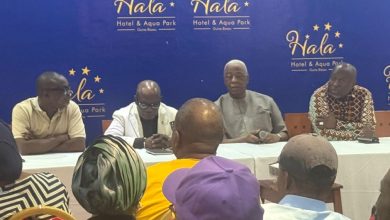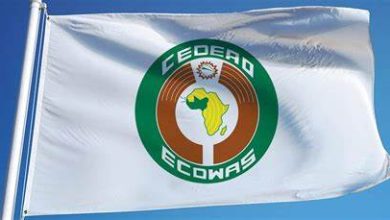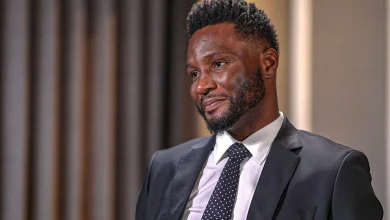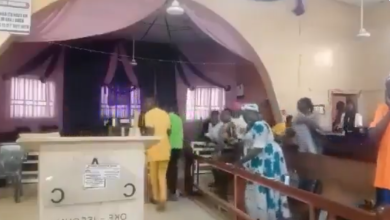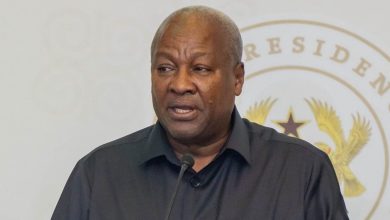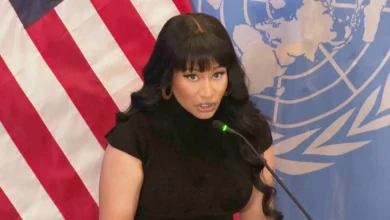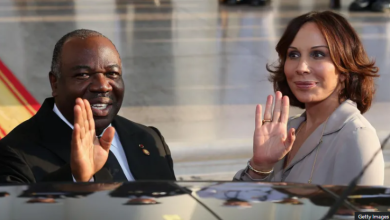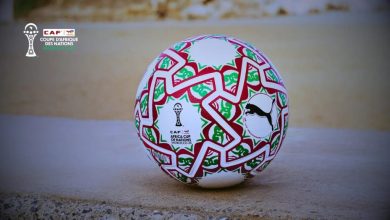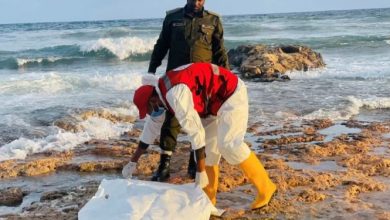UN rejects vote rigging claims in CAR
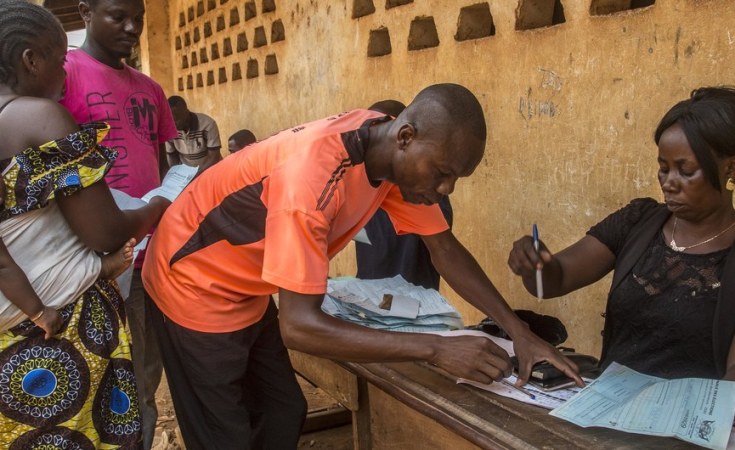
Bangui, Central African Republic — THE United Nations (UN) peacekeeping mission in the Central African Republic (CAR) has denied allegations of electoral fraud leveled against it by the main opposition.
Union for Central African Renewal (URCA), led by former Prime Minister Anicet-Georges Dologuélé, made the accusations against the Multidimensional Integrated Stabilization Mission in CAR (MINUSCA).
The allegations stem from polls held in the southwestern Carnot, central Kaga-Bandoro and the capital, Bangui.
Violence by armed groups marred the polls held on December 27.
MINUSCA played a role in the protection of the ballot boxes amid the violence.
URCA alleged ballot-stuffing during the exercise, an accusation MINUSCA denied.
“MINUSCA stresses that the protection of electoral material was done with the agreement of all the representatives of the political parties present in accordance with the law,” Vladimir Monteiro, MINUSCA spokesperson, said.
Monteiro said the UN mission rejected the “fallacious” accusations, which it said were to “instrumentalize” public opinion and to question the impartiality of the mission.
MINUSCA said it noted with “astonishment” that the URCA press release called into question the integrated plan to secure the elections but avoided naming the perpetrators of the violence recorded before, during, and after the elections.
Several rebel groups, under the leadership of former president François Bozizé, are accused of the terror.
The disqualification of Bozize to challenge incumbent Faustin-Archange Touadéra and 16 other candidates triggered the violence.
Results are expected this week.
An opposition coalition, Democratic Opposition Coalition, recently called for the cancellation of the outcome because of the violence.
A civil war is ongoing since 2012 in CAR, the Central African country of over 4, million people.
Muslim extremists overthrew Bozizé in 2013.

